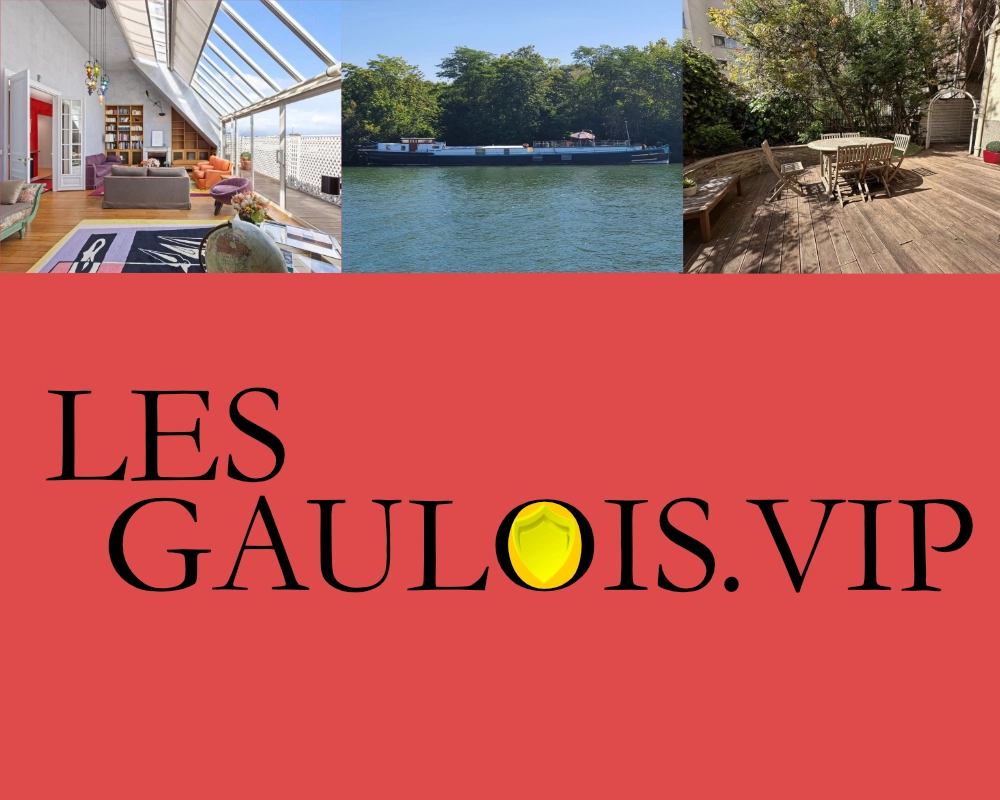Five trade unions have called for demonstrations to be held “as widely as possible” against the National Unity Party, which came out on top in the European elections and is considered to be the favourite for the early parliamentary elections
39 rallies and 15,000 people were counted by the authorities on Wednesday 12 June, three days after the European elections in which the National Unity Movement came out well ahead.
But Saturday will be an even bigger day in this series of demonstrations, with the call from the inter-union group expected to mobilise even more people: between 50,000 and 100,000 in Paris, according to police sources told bfmtv, and between 100,000 and 150,000 in the rest of the country, according to the same source. These figures are to be refined tomorrow, according to our information.
Risks similar to those of pension reform
As far as the potential dangers of these demonstrations are concerned, “their configuration is similar to that of the demonstrations against pension reform”, explained the same police source. “The unions will have a strong presence to show that they can occupy the streets, the aim being to encourage people to go out and vote, with the risk of excesses from the ultra-left and radicalised people who could take advantage of the crowds to form black blocs and cause damage”.
“The number of symbols that could be targeted is greater than during the pension reform: shops, street furniture, police stations, but also right-wing parliamentary offices”, she adds, speaking of “highly politicised” demonstrations.
The risks will also be concentrated at the end of demonstrations, or when crowds are dense, at times when more radicalised people can easily blend in.
The ultra-right not mobilised at this stage
Apart from Paris, the cities that will be the focus of particular surveillance by the authorities are those where the ultra-left is well established: Nantes, Rennes, Lyon, Toulouse and Bordeaux.
The authorities fear that at some point, in a city where these movements are well established – particularly in Lyon and Angers – there could be clashes between them and the ultra-left.






